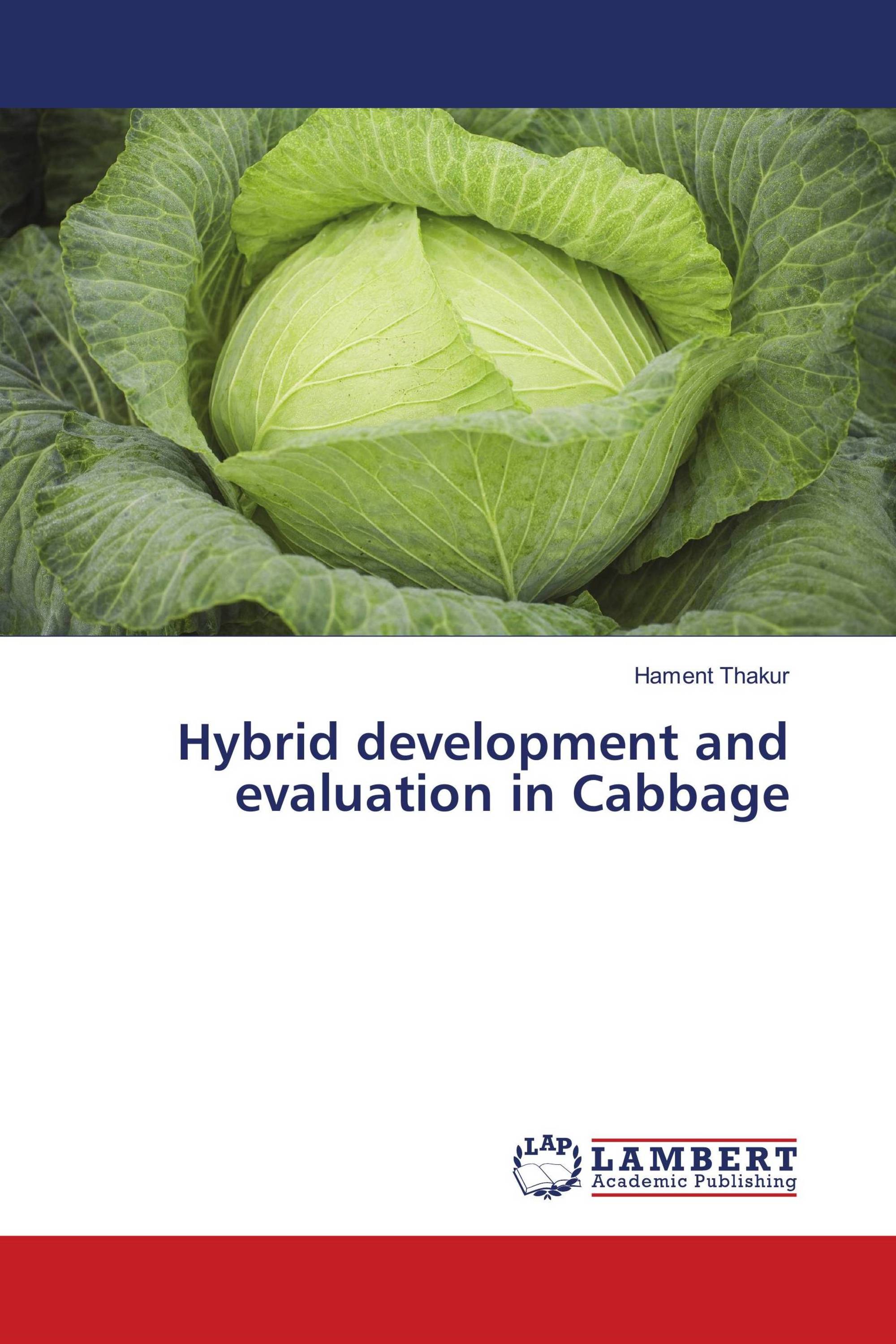Cabbage, is one of the most important Cole-group vegetable crops. It is a rich source of vitamins A, B, C and minerals like phosphorus, potassium, sodium, and iron. It is widely used as a cooked vegetable and also in salad, curries, soup, pickle, and sauerkraut. Cabbage is grown throughout the world and the leading countries are China, India, Russia, Korea, Japan, Indonesia, Poland, Romania, and the USA. Hybrids are preferred over open-pollinated varieties on account of their higher productivity and better quality produce. Commercialization of hybrids has become possible due to the use of genetic mechanisms in reducing the cost of hybrid seed. In cole crops, the genetic mechanisms of sporophytic self-incompatibility (SSI) and cytoplasmic male sterility (CMS) are prevalent and have been used commercially. In CSKHPKV Palampur, self-incompatible (SI) lines and cytoplasmic male sterile (CMS) lines have also been developed from the year 2002-03 onwards. Hence, it was considered to be a desirable proposition to use the SI and CMS lines in combination with elite pollen parental lines to develop hybrids.
Book Details: |
|
|
ISBN-13: |
978-613-8-38682-7 |
|
ISBN-10: |
6138386825 |
|
EAN: |
9786138386827 |
|
Book language: |
English |
|
By (author) : |
Hament Thakur |
|
Number of pages: |
104 |
|
Published on: |
2018-03-20 |
|
Category: |
Agriculture, horticulture, forestry, fishery, nutrition |
